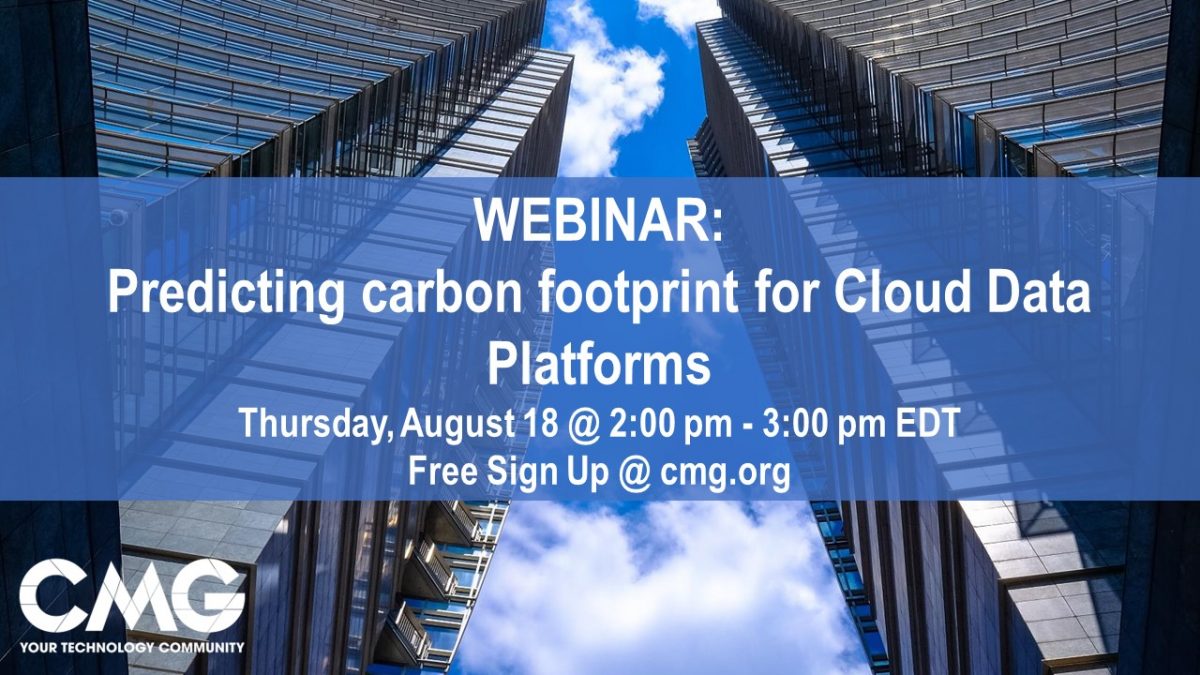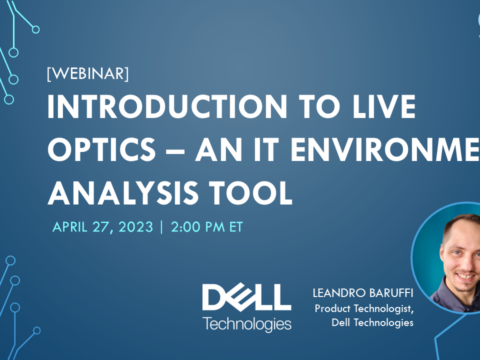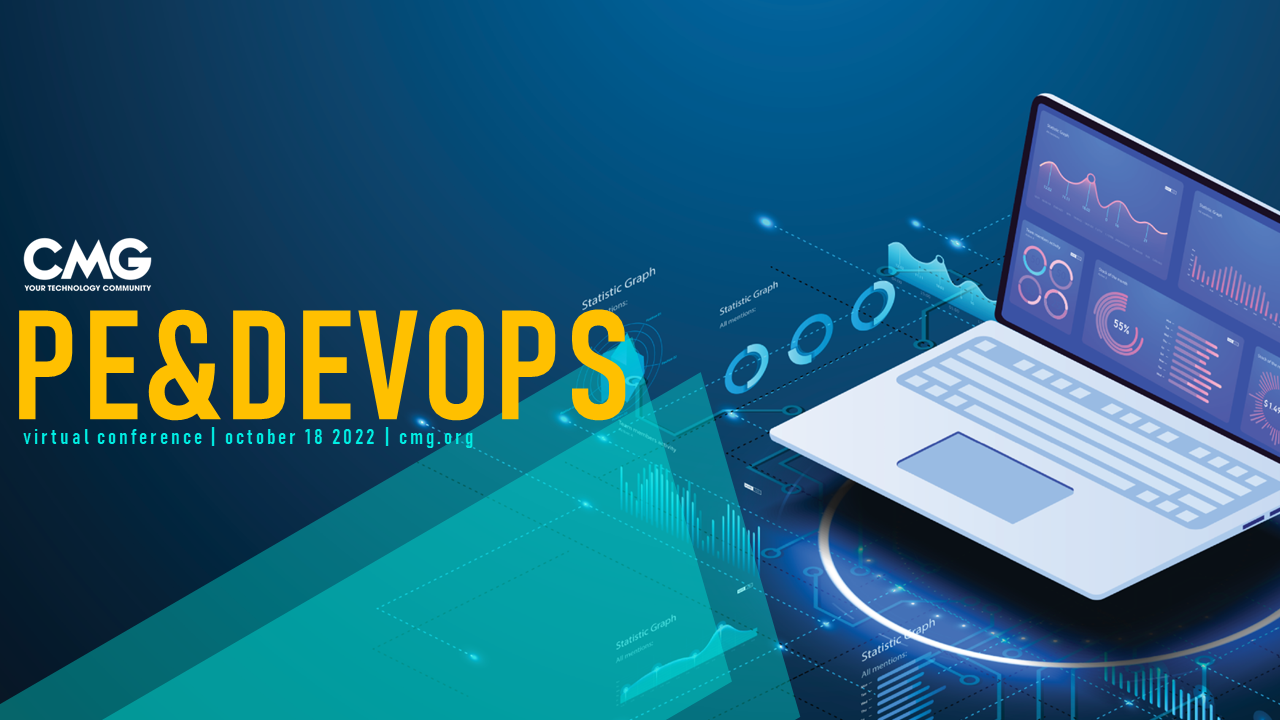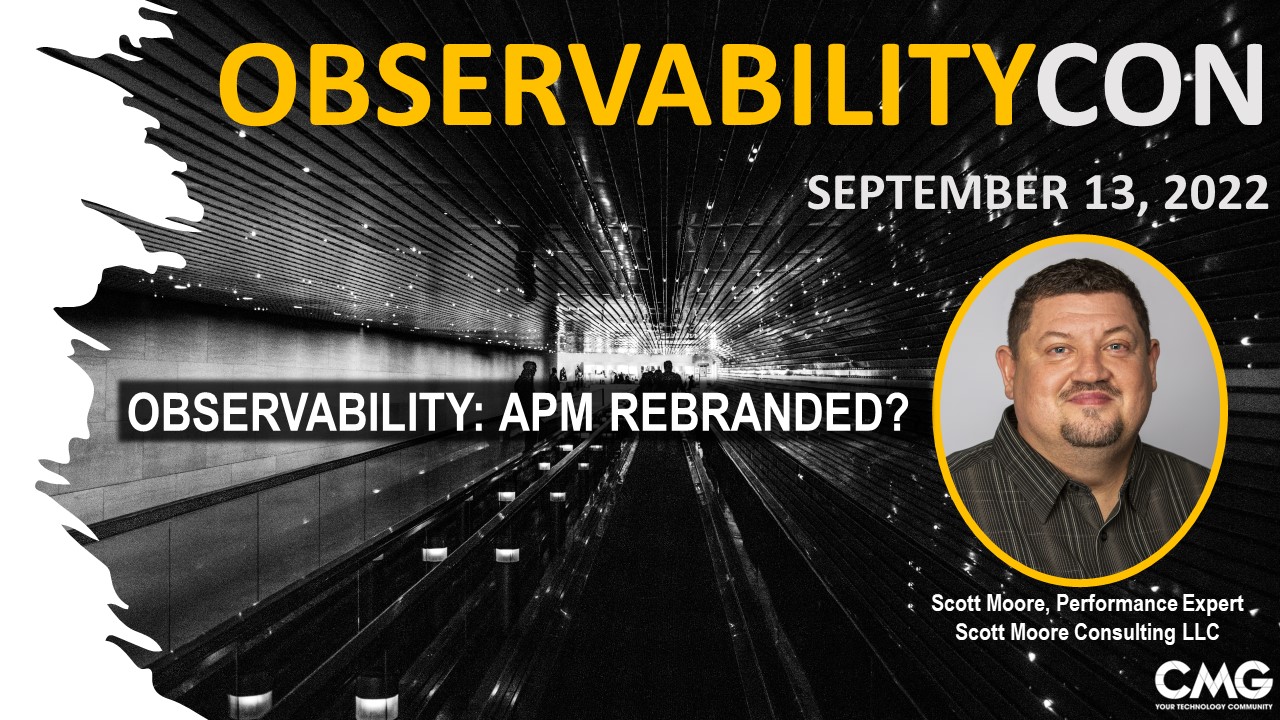Differences in architecture, scalability, the efficiency of optimizer plans, and workload management of Cloud data platforms all directly impact the power consumption and carbon emissions associated with running workloads in the cloud.
Gartner predicts that by 2025, the carbon emissions of Cloud Service Providers (CSPs) will be one of the top criteria in cloud purchase decisions. Even if the providers claim to be carbon neutral (because they pay the offsetting taxes), Cloud customers care about the efficiency with which their workloads execute in the cloud. Gartner expects carbon footprint measurement technologies to see significant adoption as organizations broaden their focus to all emission types and increase reporting transparency. Ignoring carbon emissions during Cloud data platform selection will affect the carbon footprint and the company’s sustainability.
The power consumption and carbon footprints of Cloud data platforms depend on both software and hardware performance, based on the resource consumption profiles of each business workload.
During this webinar, we will review a methodology that we use to predict the following:
● the minimum cloud data platform configuration needed to support business Service Level Goals (SLGs) and
● project the power consumption and carbon footprints for complex, small and medium complexity Data Warehouses
The methodology we use is then illustrated using case studies of the Vantage, Snowflake and Redshift platforms in an AWS environment. A similar approach can be applied to other cloud data platforms and CSPs.
You Will Learn
● Workload characterization in Cloud environments
● Predicting the minimum configuration needed to meet SLGs for all workloads
● How to estimate the power consumption and carbon emission by business workloads in cloud environment
Differences in architecture, scalability, the efficiency of optimizer plans, and workload management of Cloud data platforms all directly impact the power consumption and carbon emissions associated with running workloads in the cloud.
Gartner predicts that by 2025, the carbon emissions of Cloud Service Providers (CSPs) will be one of the top criteria in cloud purchase decisions. Even if the providers claim to be carbon neutral (because they pay the offsetting taxes), Cloud customers care about the efficiency with which their workloads execute in the cloud. Gartner expects carbon footprint measurement technologies to see significant adoption as organizations broaden their focus to all emission types and increase reporting transparency. Ignoring carbon emissions during Cloud data platform selection will affect the carbon footprint and the company’s sustainability.
The power consumption and carbon footprints of Cloud data platforms depend on both software and hardware performance, based on the resource consumption profiles of each business workload.
During this webinar, we will review a methodology that we use to predict the following:
● the minimum cloud data platform configuration needed to support business Service Level Goals (SLGs) and
● project the power consumption and carbon footprints for complex, small and medium complexity Data Warehouses
The methodology we use is then illustrated using case studies of the Vantage, Snowflake and Redshift platforms in an AWS environment. A similar approach can be applied to other cloud data platforms and CSPs.
You Will Learn
● Workload characterization in Cloud environments
● Predicting the minimum configuration needed to meet SLGs for all workloads
● How to estimate the power consumption and carbon emission by business workloads in cloud environment
Geared To
● Enterprise /cloud architect
● Decision recommenders/decision makers
Webinar Video
Presenter
Dr. Boris Zibitsker is the founder and CEO of BEZNext. He focuses on developing cloud performance and financial optimization software to assist with cloud migration and dynamic capacity management in Hybrid Multi-Cloud environments. He is a member of SPEC Research Group. Boris consults with many Fortune 500 companies.
Prior to founding BEZNext Boris was a CTO of Modeling and Optimization at Compuware. He participated in developing Machine Learning algorithms for performance and availability anomaly detection, problems prediction and root cause determination for internet and web applications.
Dr. Zibitsker was a Founder and Chairman of BEZ Systems, where he managed the development of capacity management software for DB2, Teradata, Oracle, and SQL Server. Compuware acquired the company in 2010.
Dr. Zibitsker was an Adjunct Associate Professor at DePaul University in Chicago. He was teaching three graduate courses on the modeling of computer systems and networks. He taught DB2 performance and capacity management seminars for the Relationship institute.
Dr. Zibitsker is a co-founder of the Computer Systems Institute in Chicago.
Boris taught seminars and presented many papers at conferences around the world. During the last eight years, he has been a co-chair of the International Conference on Big Data Advanced Analytics in Minsk Belarus.
Boris is an Honorable Doctor at BSUIR, Minsk, Belarus
● Enterprise /cloud architect
● Decision recommenders/decision makers






